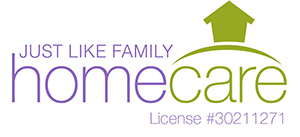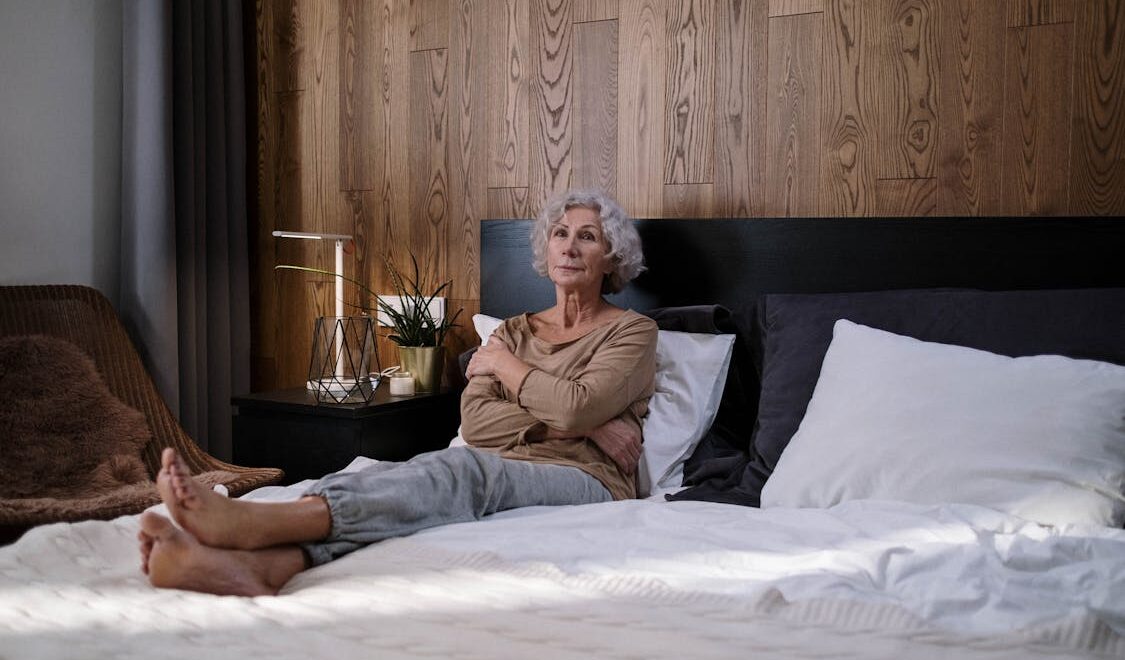As the seasons change and daylight hours dwindle, many seniors experience mood swings and low energy levels. Although Florida typically benefits from plenty of sunshine, the shorter daylight hours in winter can still interfere with the body’s internal clock and trigger symptoms of Seasonal Affective Disorder (SAD). This mood disorder is characterized by depression that occurs at the same time each year, typically in the winter months, and can be very difficult for seniors. Recognizing the symptoms of SAD and providing support is essential for the well-being of elderly individuals.
The Impact of Seasonal Affective Disorder on Seniors
Seasonal Affective Disorder (SAD) affects a significant number of individuals, but its impact on seniors can be especially pronounced. Aging comes with various physical, emotional, and social challenges, which can be intensified by the symptoms of SAD. Seniors may already be coping with health issues, limited mobility, and decreased social interactions, making them more vulnerable to the effects of this condition. Common symptoms of Seasonal Affective Disorder include persistent sadness, fatigue, irritability, difficulty concentrating, changes in sleep patterns, and a loss of interest in activities once enjoyed. For seniors, these symptoms can lead to decreased motivation, isolation, and a decline in overall health.
Just Like Family Home Care Can Help
Caregivers play a crucial role in supporting seniors with Seasonal Affective Disorder. Their presence and assistance can significantly improve the quality of life for elderly individuals during the challenging winter months. Here are some ways caregivers can help:
- Establishing a Routine: Consistency is key for seniors dealing with SAD. Caregivers can help establish a daily routine that includes regular meal times, physical activity, and social interactions. This structure can provide a sense of stability and purpose.
- Encouraging Light Exposure: Caregivers can encourage seniors to spend time outside during daylight hours, even if it’s just for a short walk.
- Promoting Physical Activity: Exercise has been shown to alleviate symptoms of depression and improve overall well-being. Caregivers can encourage seniors to engage in light physical activities such as walking, stretching, or chair exercises. Tailoring activities to the senior’s abilities ensures they stay active without feeling overwhelmed.
- Facilitating Social Interaction: Caregivers can arrange social activities, such as visits to family and friends, participate in community events, or engage in hobbies. Regular social interaction can boost mood and reduce feelings of loneliness.
- Monitoring Nutrition: A balanced diet plays a crucial role in mental health.
Caregivers can help seniors plan and prepare nutritious meals. Certain foods, like those rich in omega-3 fatty acids, can have a positive impact on mood. - Providing Emotional Support: Caregivers can encourage seniors to talk about their feelings and current or past events. Having a compassionate and understanding presence can help seniors feel less isolated.
- Coordinating Professional Help: If symptoms of SAD are severe, it may be necessary to seek professional help. Caregivers can assist in scheduling appointments with mental health professionals, such as therapists or counselors, who specialize in treating depression and mood disorders.
Seasonal Affective Disorder is a real and challenging condition that affects many seniors during the winter. However, with the support and care provided by Just Like Family Home Care, elderly individuals can better manage their symptoms and maintain a higher quality of life. By establishing routine, promoting light exposure, encouraging physical activity, facilitating social interactions, monitoring nutrition, providing emotional support, and coordinating professional help, caregivers can make a meaningful difference in the lives of seniors facing SAD.
Please contact Just Like Family Home Care, if you need assistance or more information.

